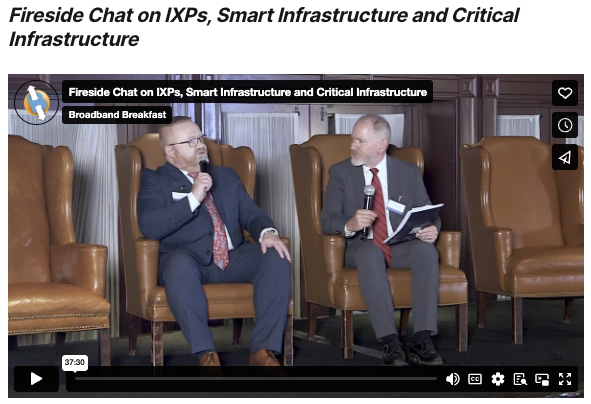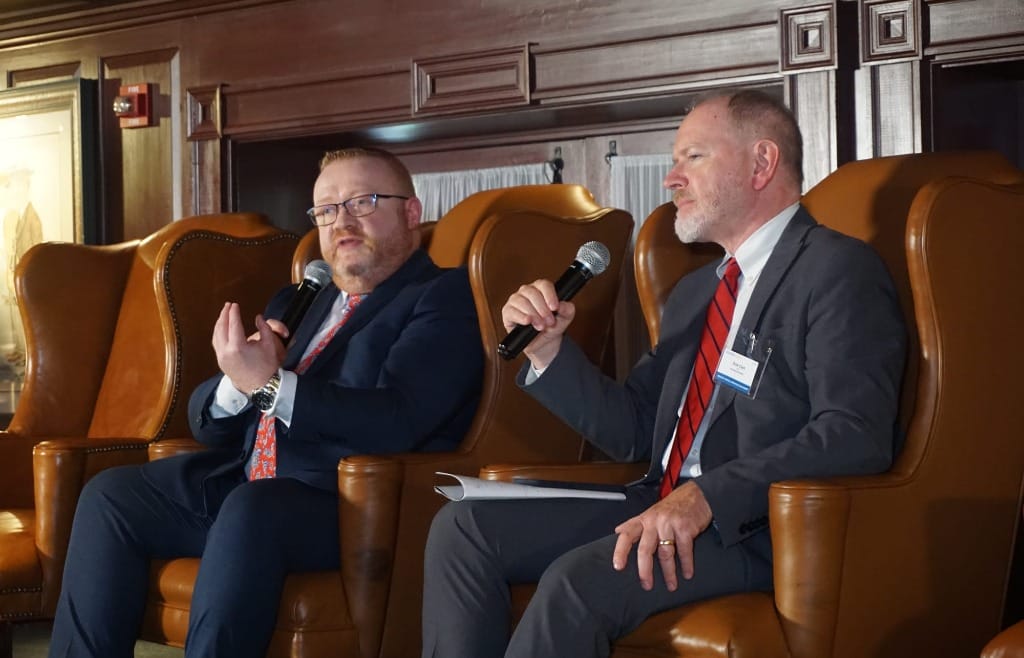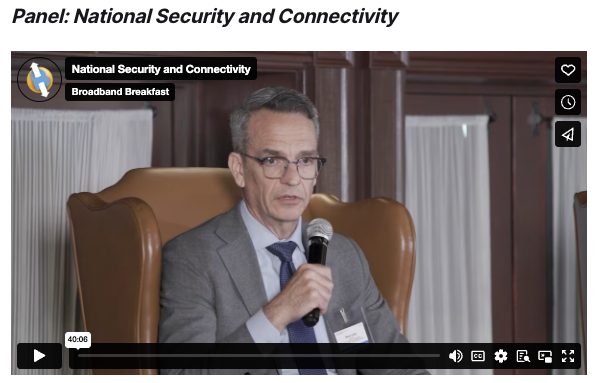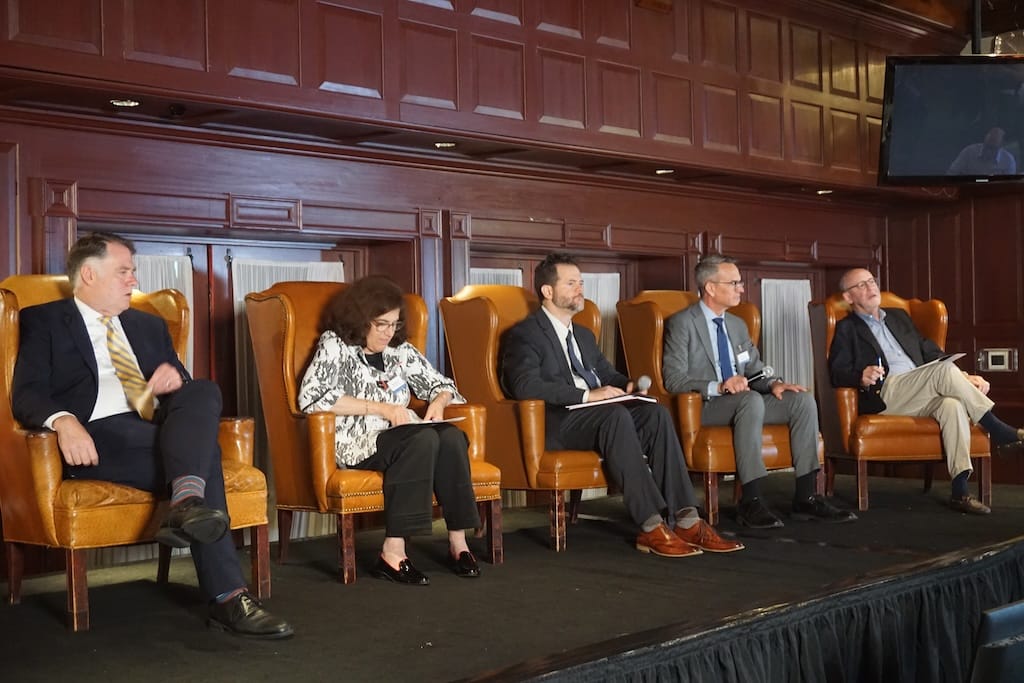Artificial intelligence is the top technology priority of the Trump Administration. The U.S. seeks to maintain its competitive edge. The administration’s AI Action Plan will require a significant boost in the number of American data centers, at a time when power is straining to support the existing boom. How are data centers central to the AI action plan? Equally important, how will AI training and AI inference impact critical (telecom and energy) networks? How can we boost the resilience of our nation’s critical infrastructure?
Panelists:
- Paul Brownell, Head of Global Public Policy & Government Affairs, Equinix
- Ed d’Agostino, Vice President, DE-CIX North America
- Carol Lane, Vice President of Government Relations, X-energy
- Rishi Iyengar (moderator), Global Technology Reporter, Foreign Policy
WASHINGTON, Sept. 18, 2025 – Artificial intelligence is straining power and connectivity systems, raising urgent questions about resiliency, experts on data centers, nuclear energy, and internet exchanges warned Thursday during a panel discussion on a topic with nationwide significance.
Speaking at the Resilient Critical Infrastructure Summit hosted by Broadband Breakfast, executives from Equinix, X-energy, and DE-CIX said AI was shifting industries into a scramble for capacity, reliability, and speed.
Paul Brownell, who leads global government affairs for Equinix, said the company plans to double its capacity within five years to keep pace with compute demand. Equinix operates 270 colocation data centers worldwide, with nearly half a million interconnections between customers.

A session on expanding broadband access by strengthening communities, driving economic opportunity, and enhancing national resilience.
Participants:
- Brent Legg, Executive Vice President, Connected Nation
- Drew Clark (moderator), CEO, Broadband Breakfast
WASHINGTON, Sept. 19, 2025 — Connected Nation is pushing to build internet exchange (IXPs) points in underserved markets as AI applications strain current infrastructure.
The idea for the national non-profit’s engagement with IXPs emerged after discovering Iowa schools were paying roughly 25 times the internet rates of major metropolitan areas, the organization’s Executive Vice President Brent Legg said in a fireside chat with Broadband Breakfast CEO Drew Clark on Thursday.
Building network resilience in today’s geopolitically volatile environment requires organizations and nations to develop comprehensive preparedness strategies that address both traditional threats like natural disasters and emerging challenges including cyberwarfare, electromagnetic pulse and other infrastructure vulnerabilities. Effective resilience must integrate robust backup systems for essential services, diversified supply chains, and layered security. How can our nation maintain a network of resilient critical infrastructure?
Panelists:
- Ambassador Steve Lang, U.S. Coordinator for International Communications and Information Policy
- Ed Mortimer, Vice President of Government Affairs, NextNav
- Melissa Newman, Vice President of Government Relations, Telecommunications Industry Association (TIA)
- Stephen Snyder, Partner, Womble Dickinson Bond
- Ambassador David Gross (Ret.) (moderator), Partner, Wiley
WASHINGTON, Sept. 18, 2025 – Industry leaders warned Thursday that U.S. infrastructure resilience was being tested by cyberattacks, power demands, and GPS interference.
Melissa Newman, vice president at the Telecommunications Industry Association, said artificial intelligence had made cyberattacks faster and more damaging, multiplying vulnerabilities across networks and data centers.
“Cyberattacks and supply chain issues are going to keep recurring,” Newman said, speaking at the Resilient Critical Infrastructure Summit, hosted by Broadband Breakfast. “The key performance indicator going forward is how quickly you can recover.”





